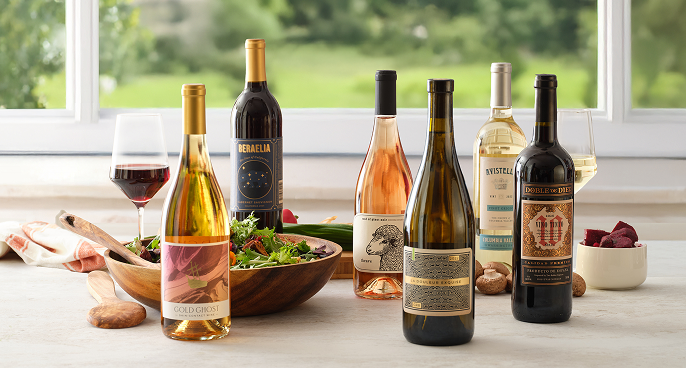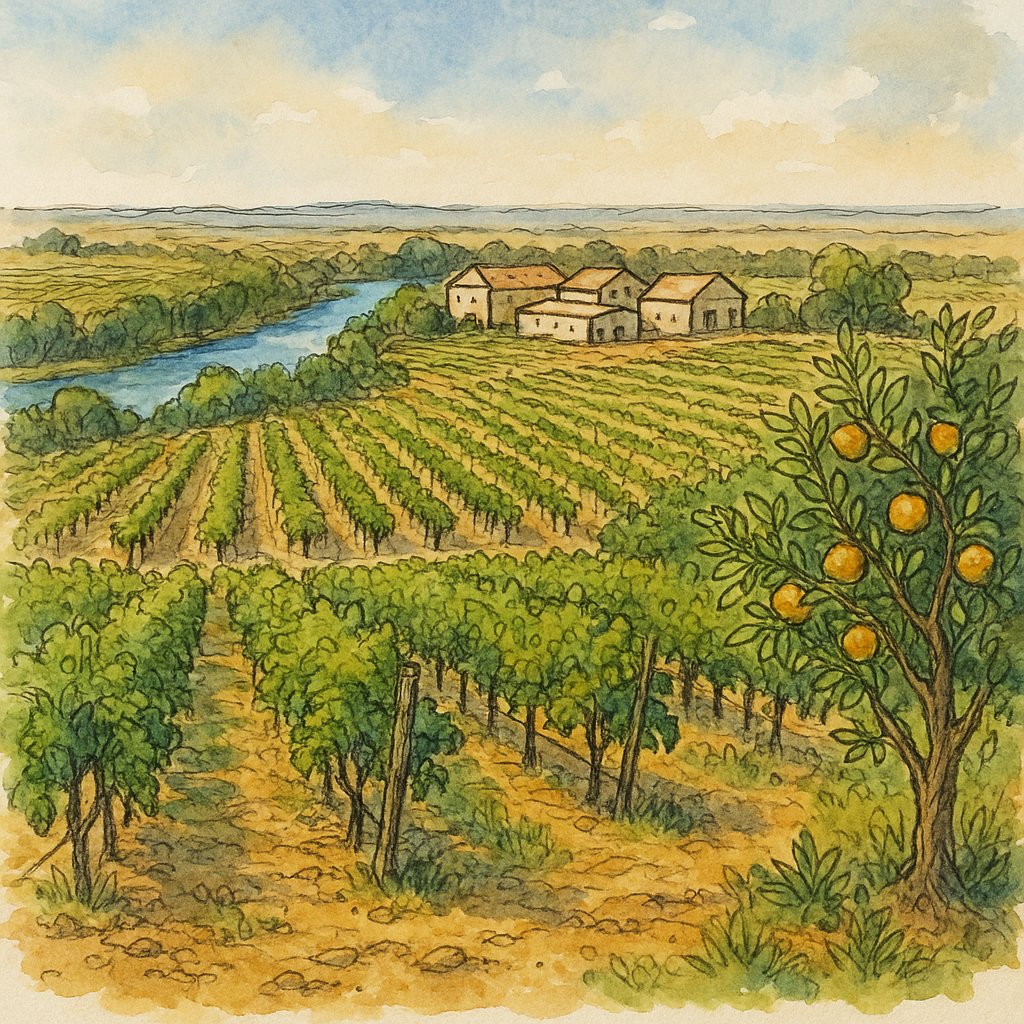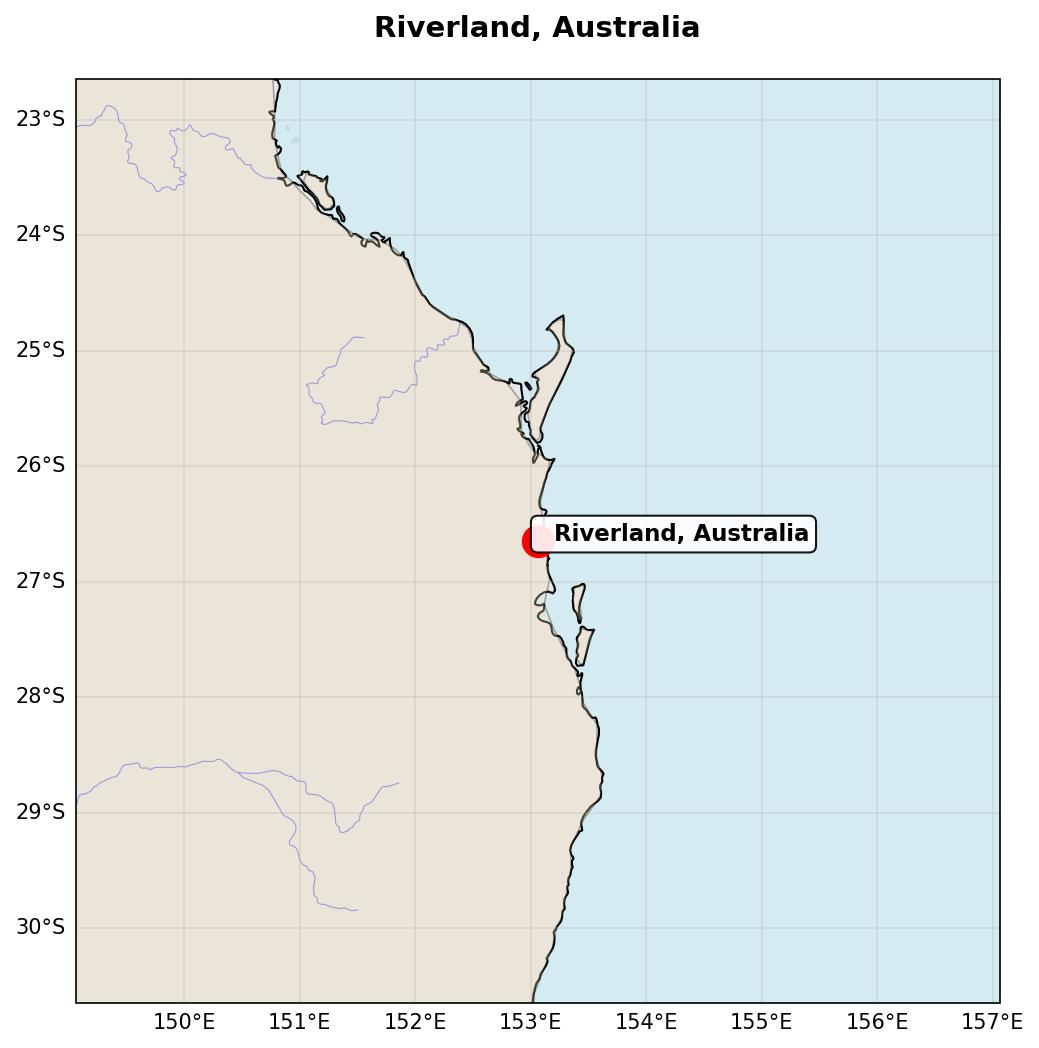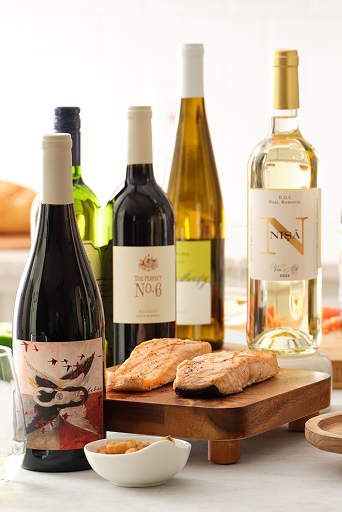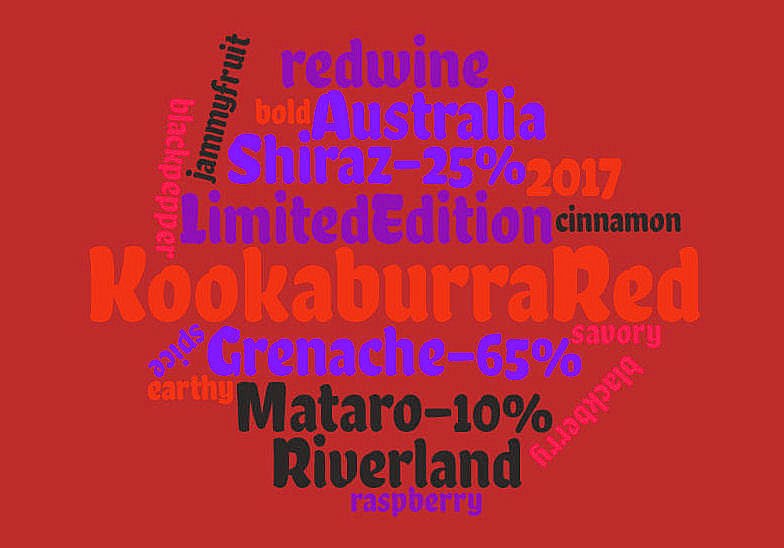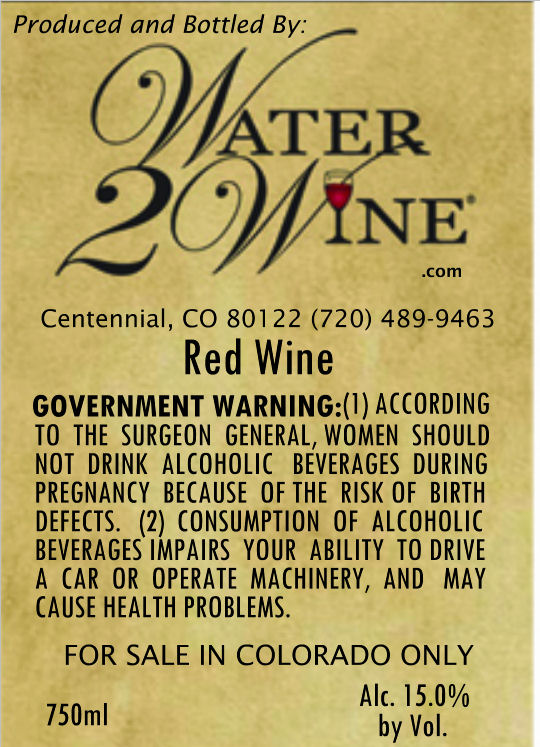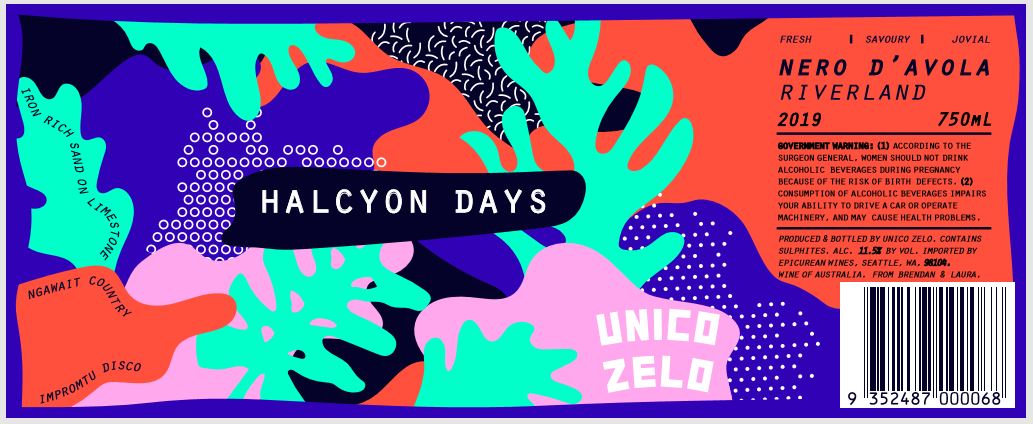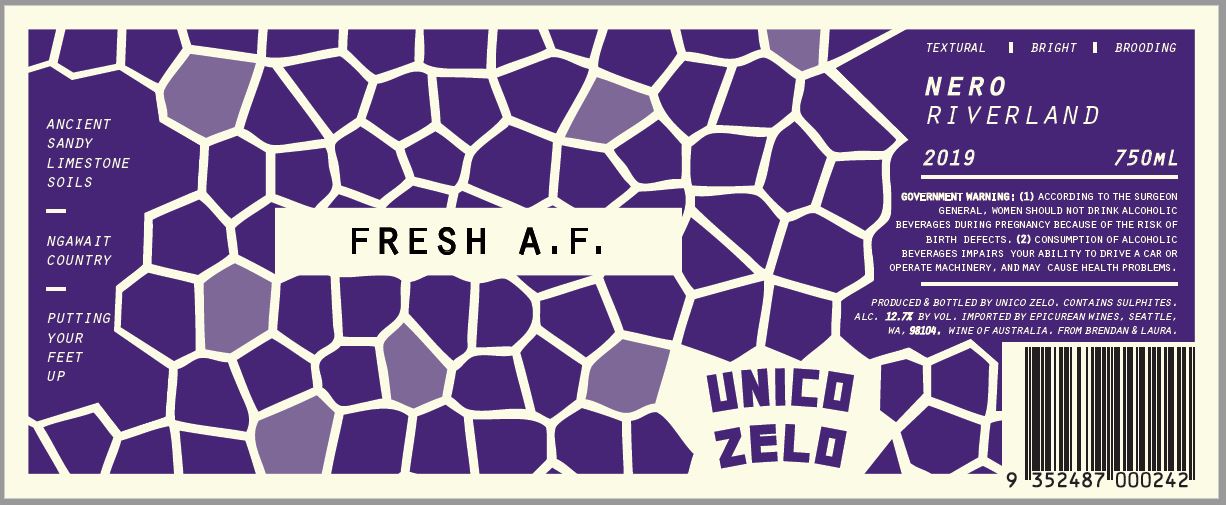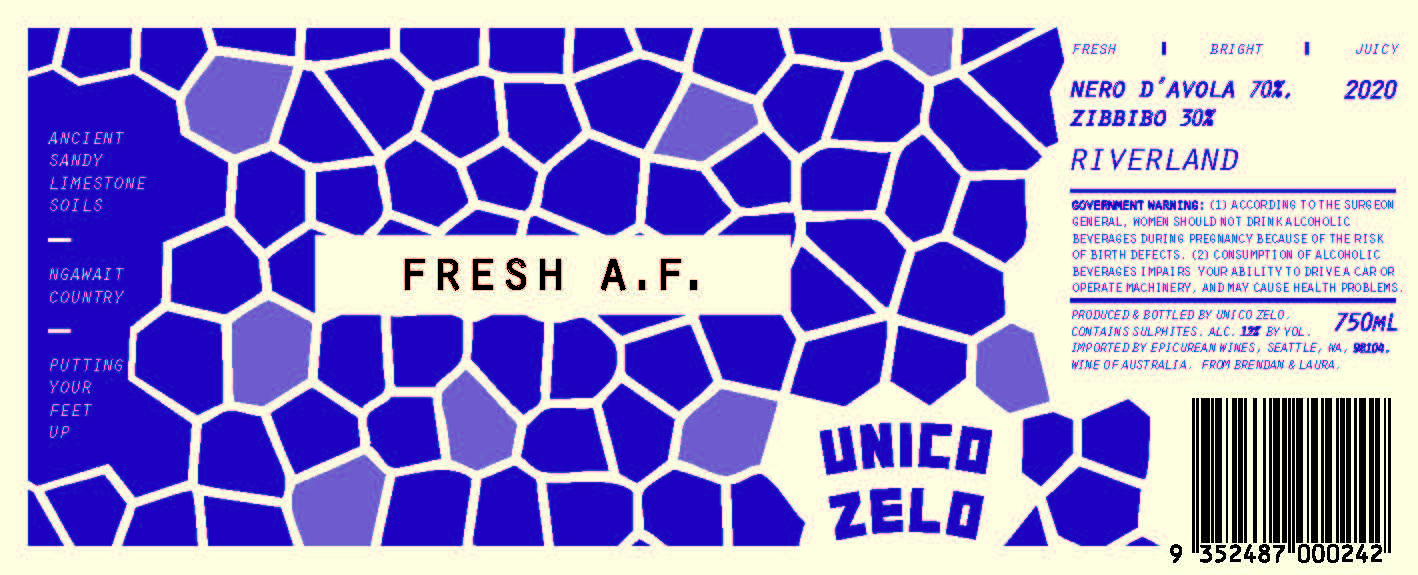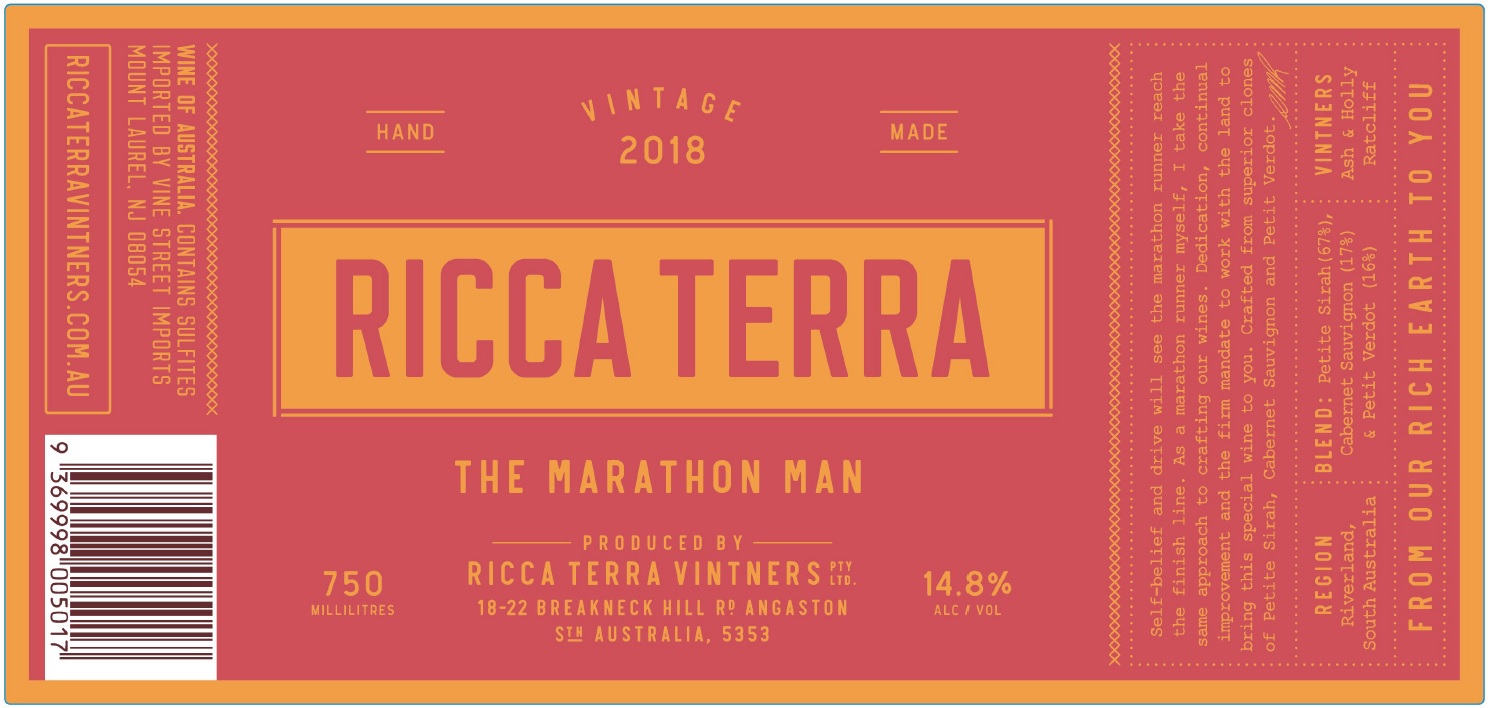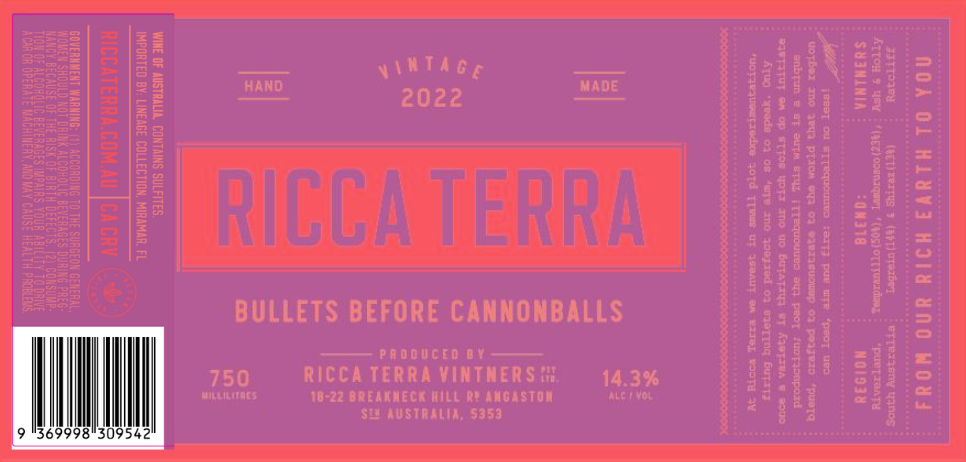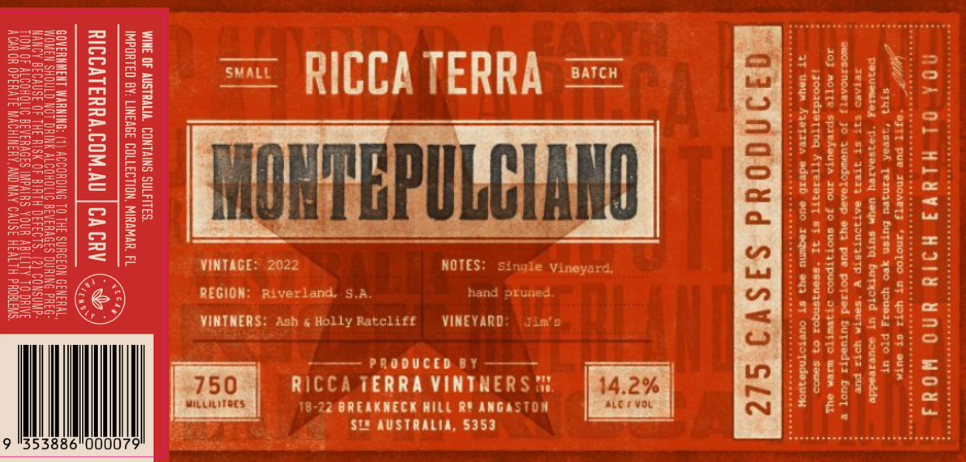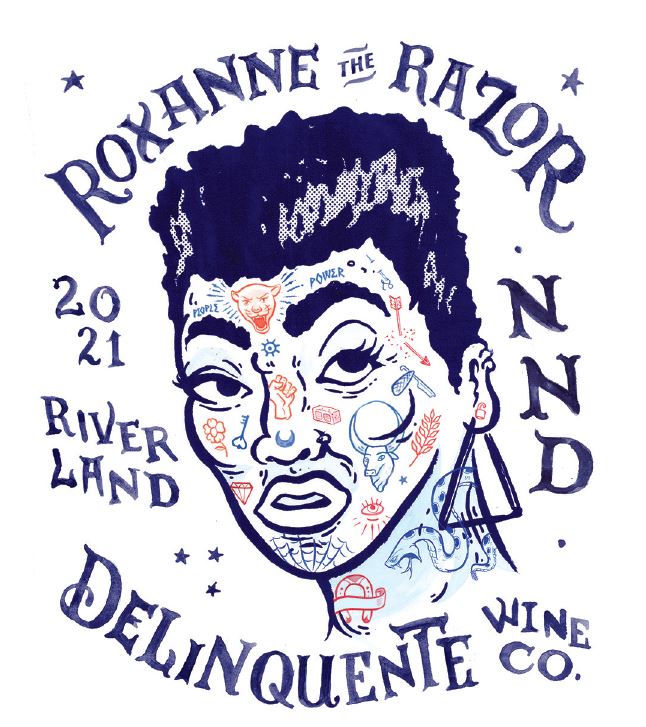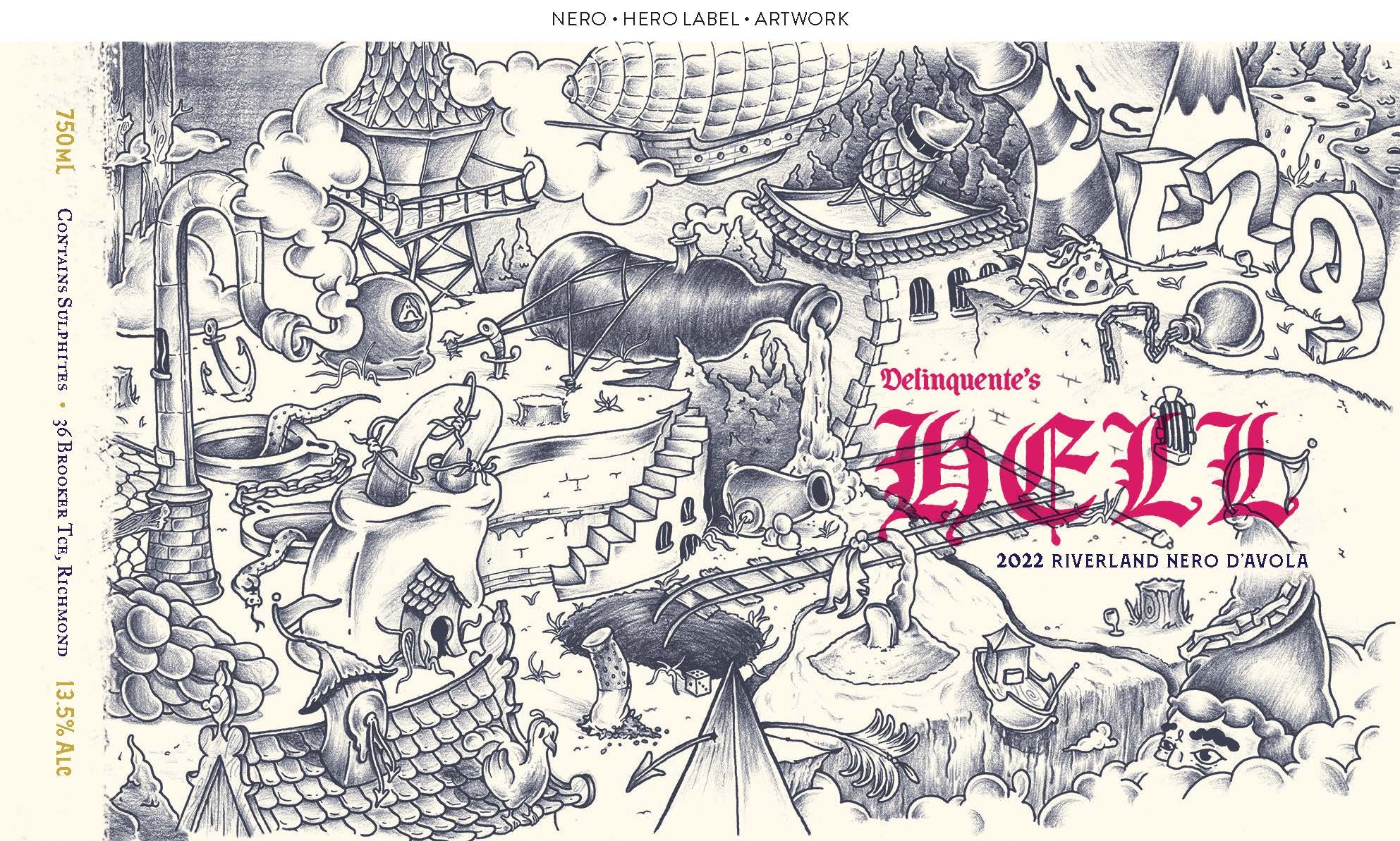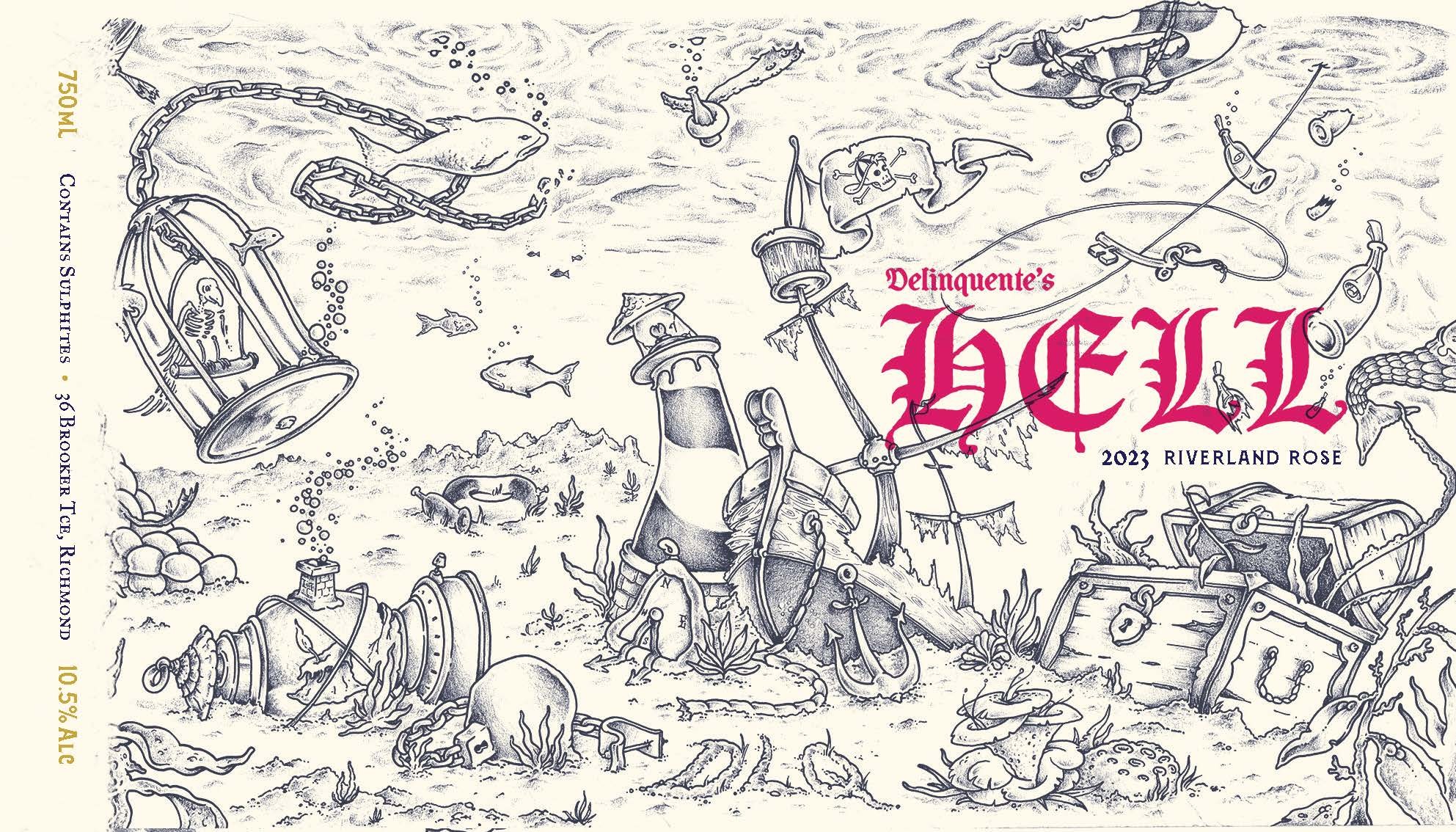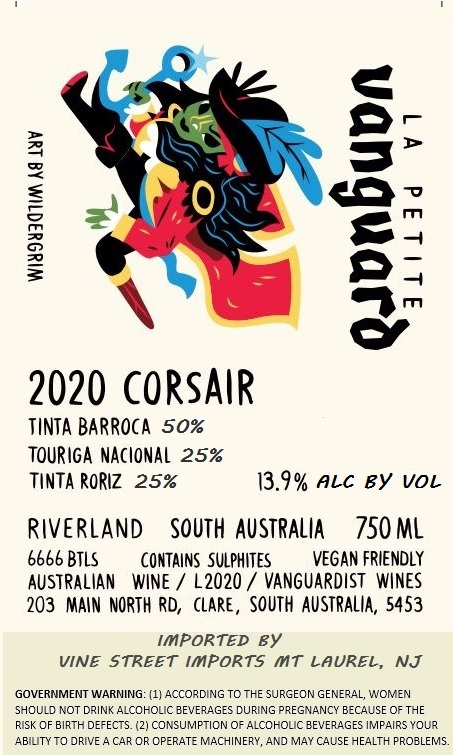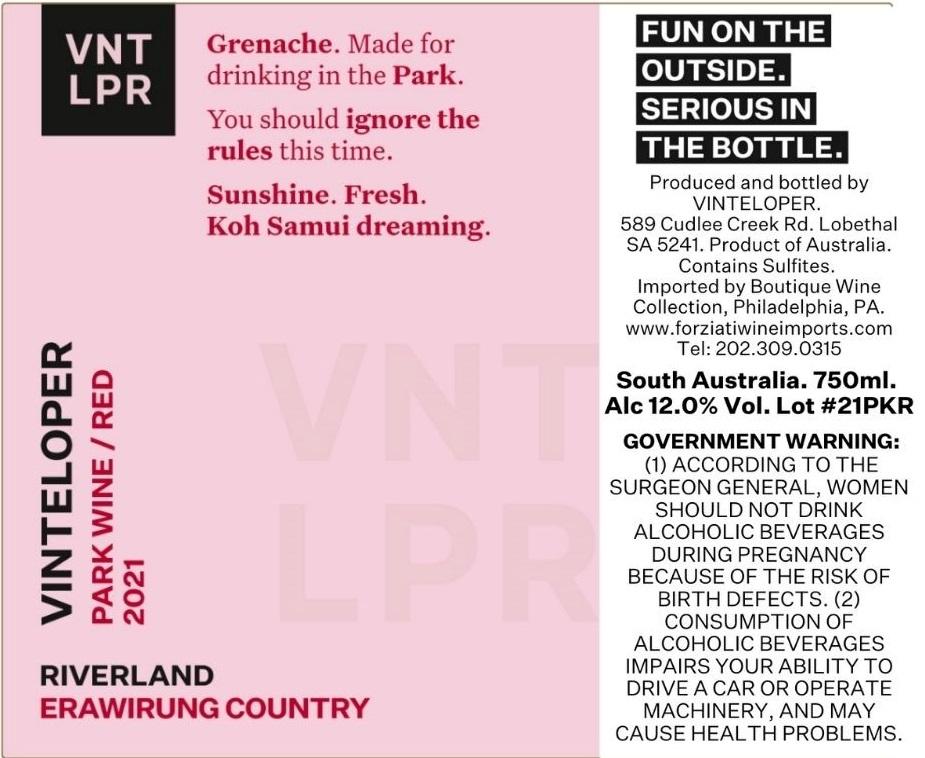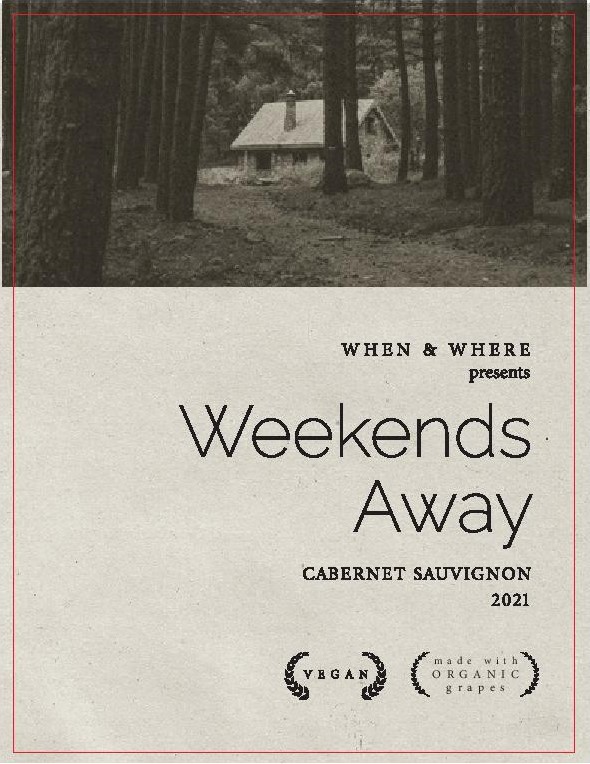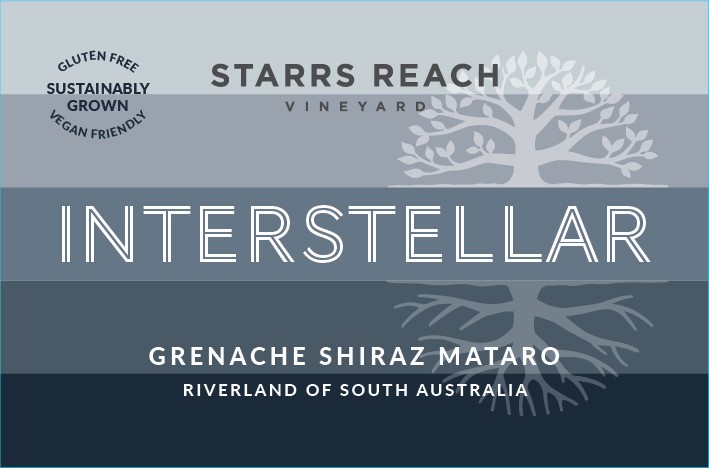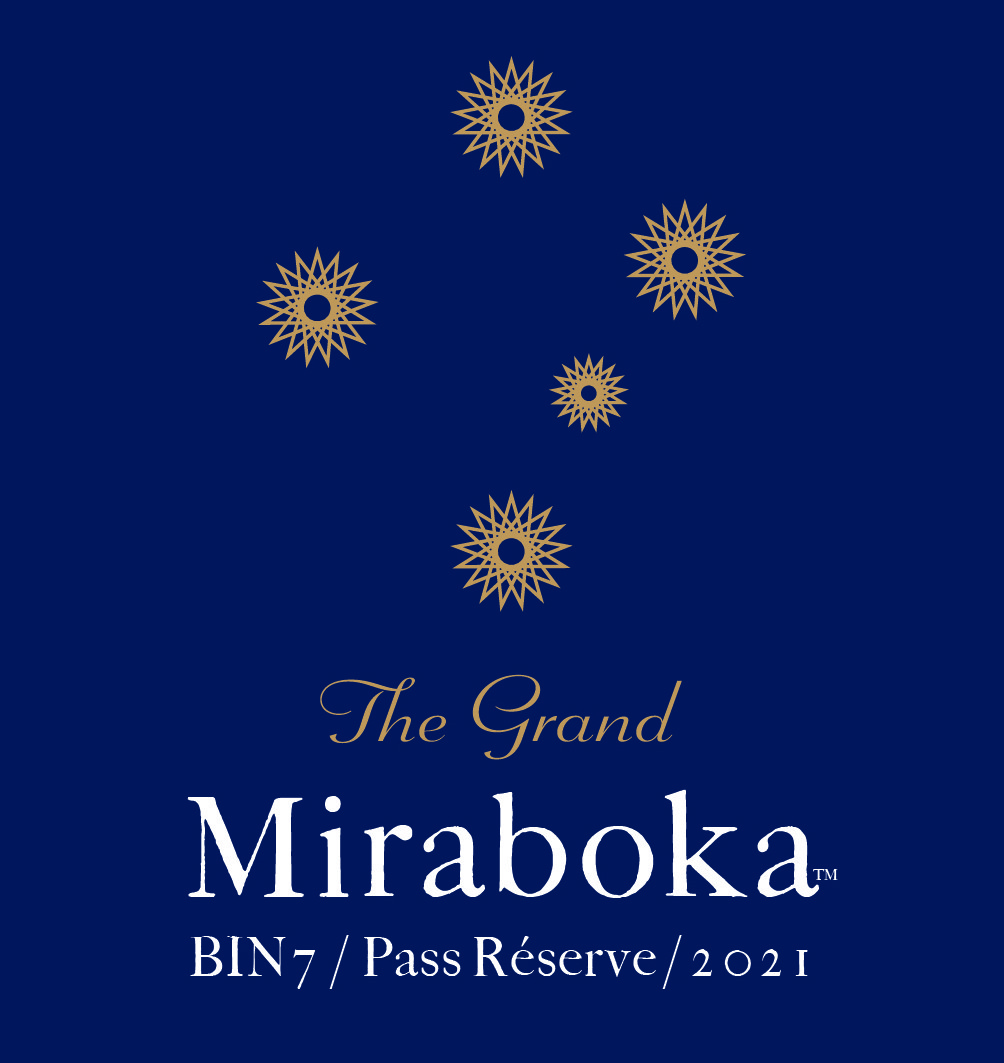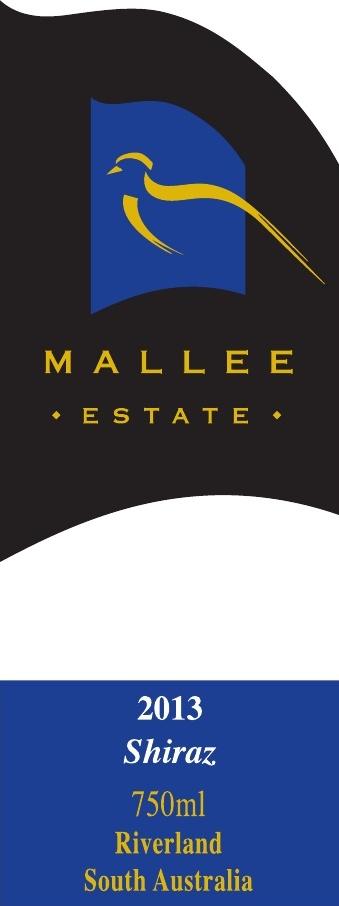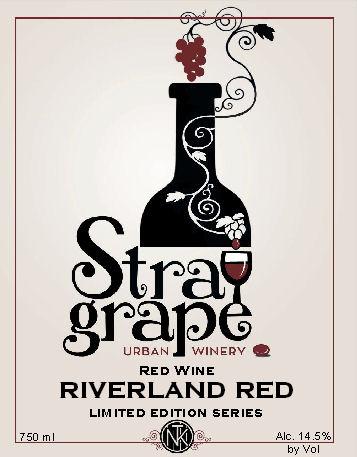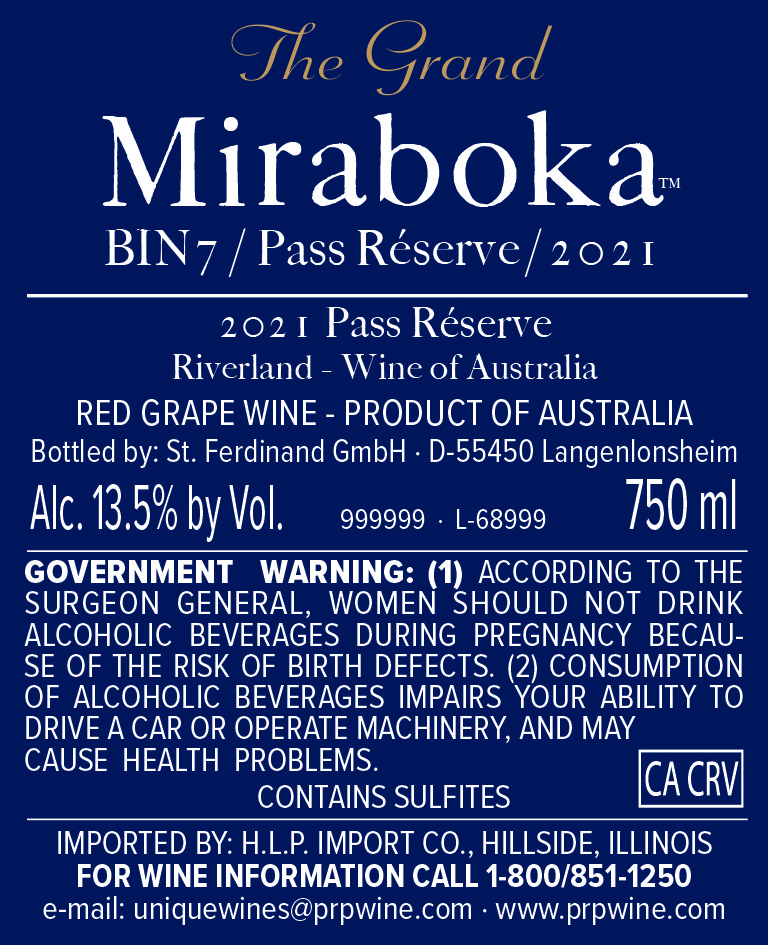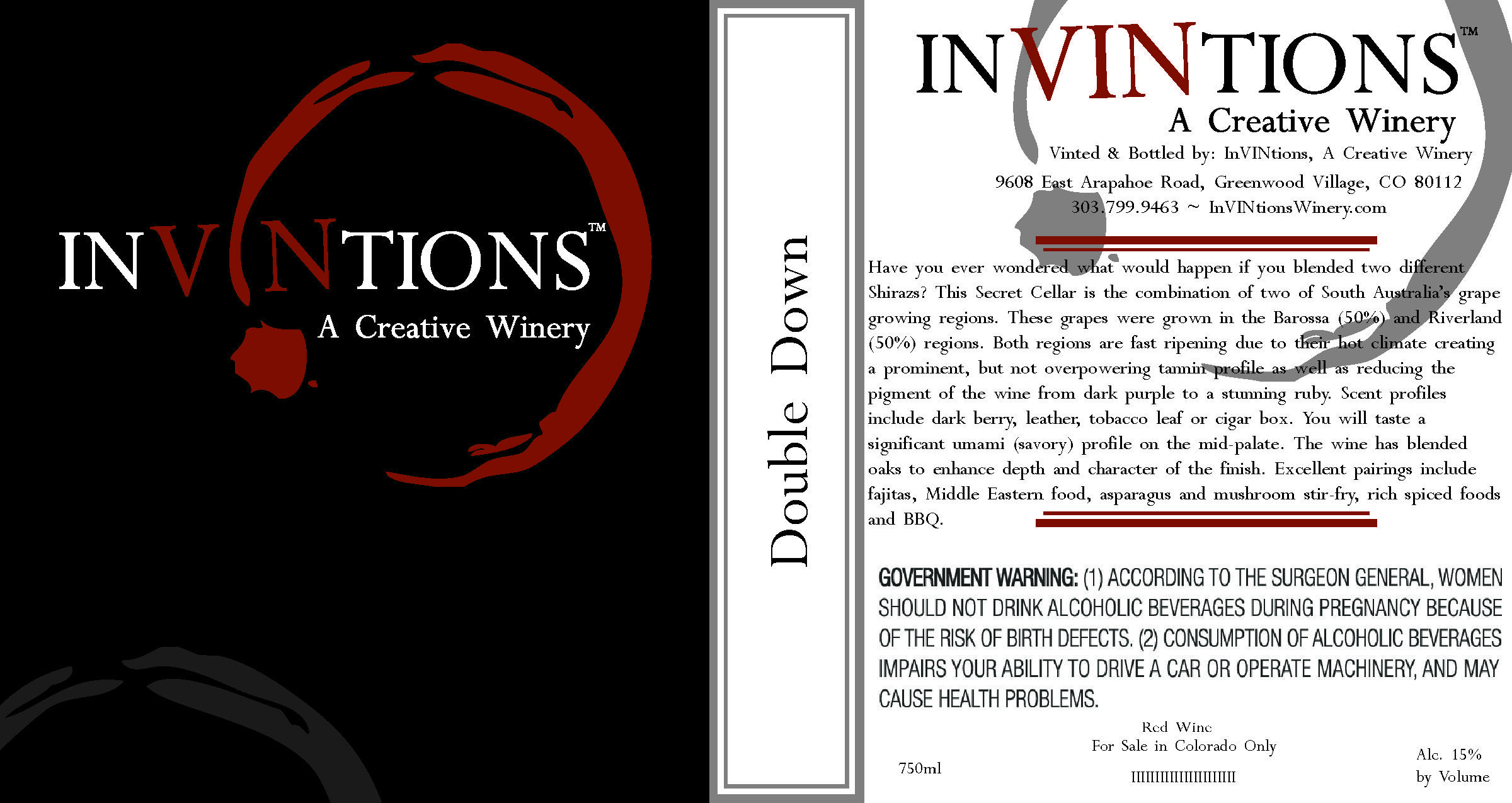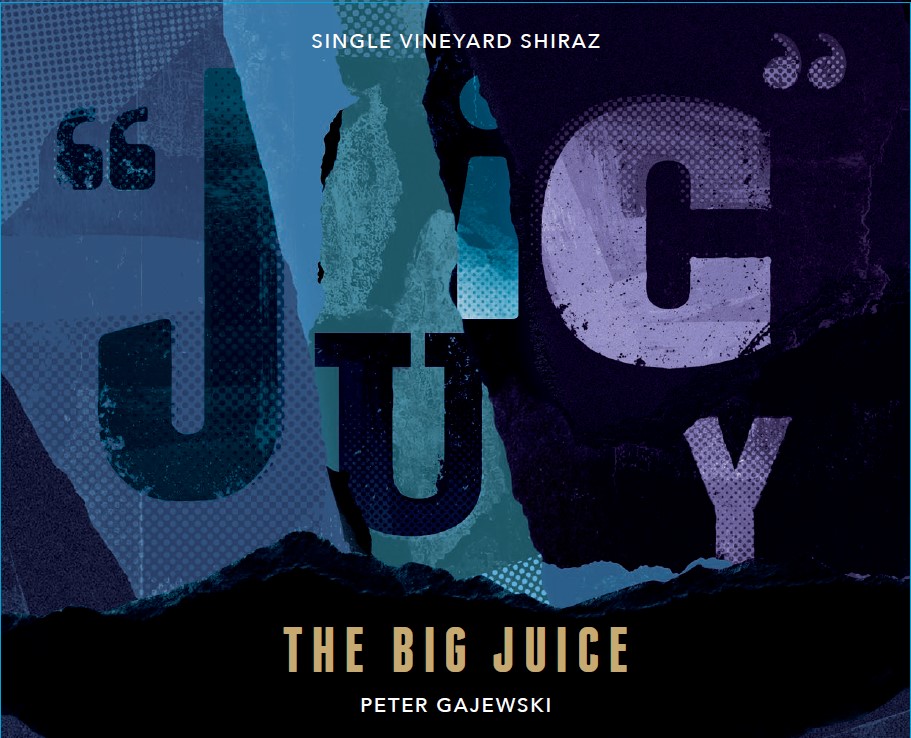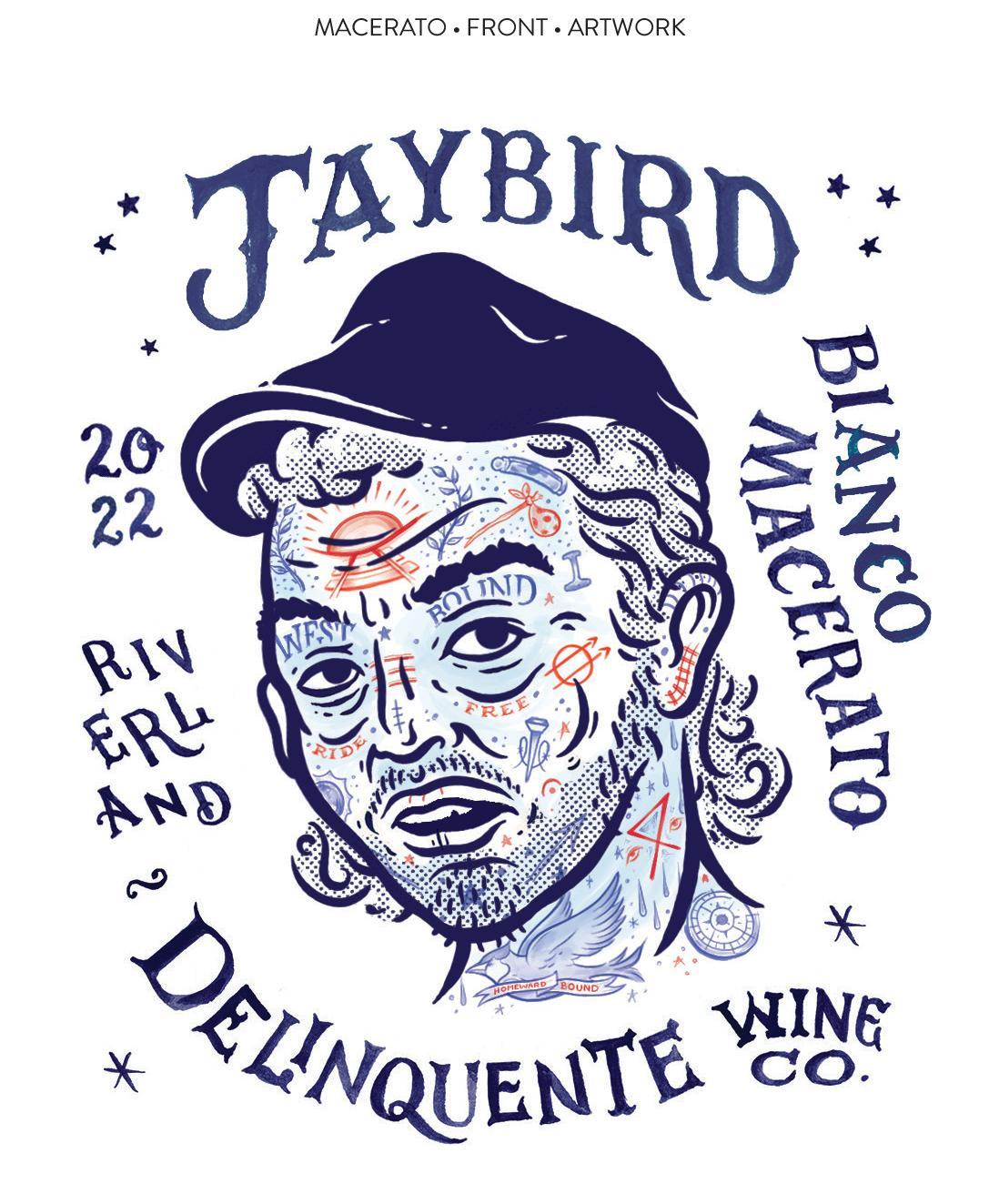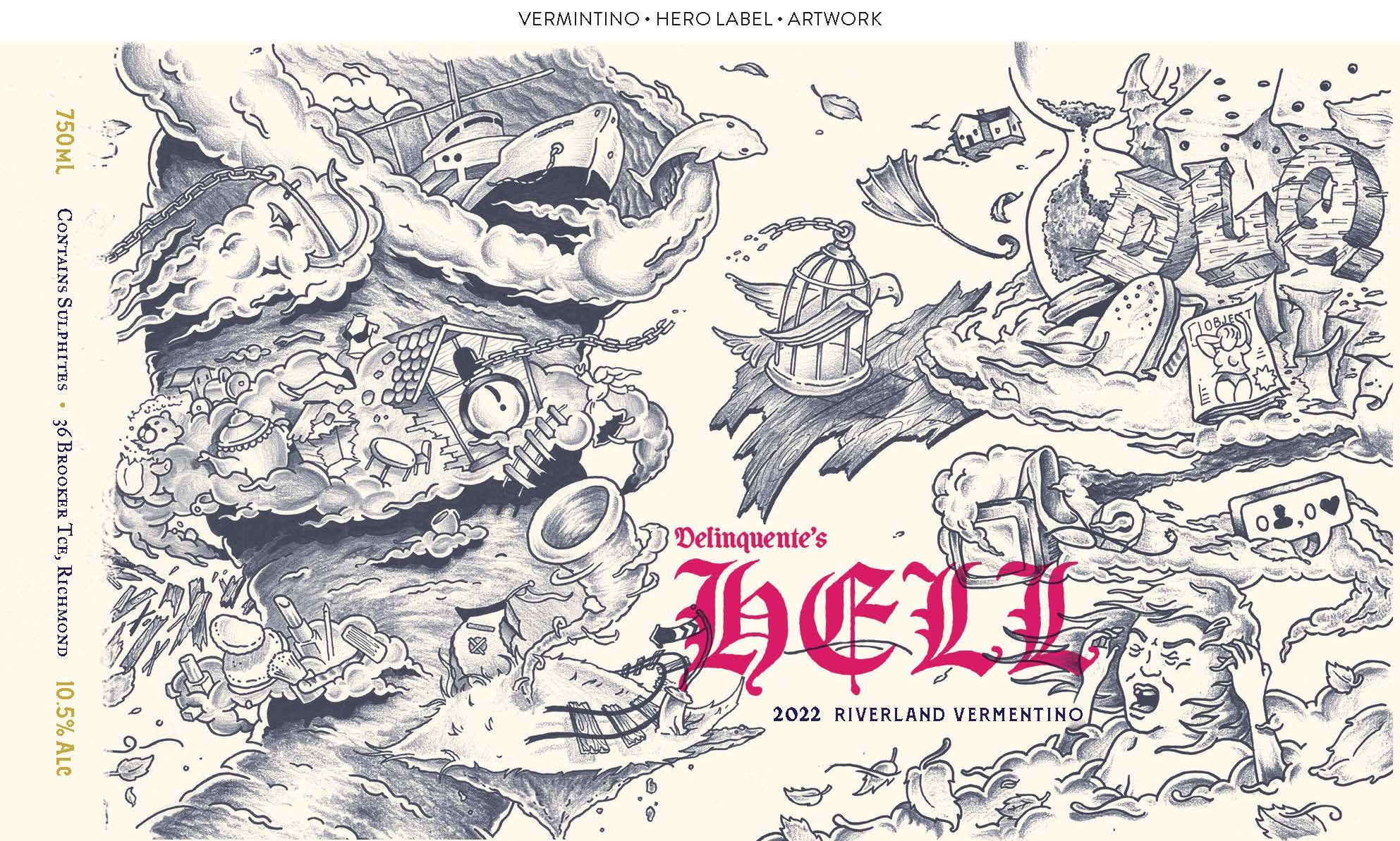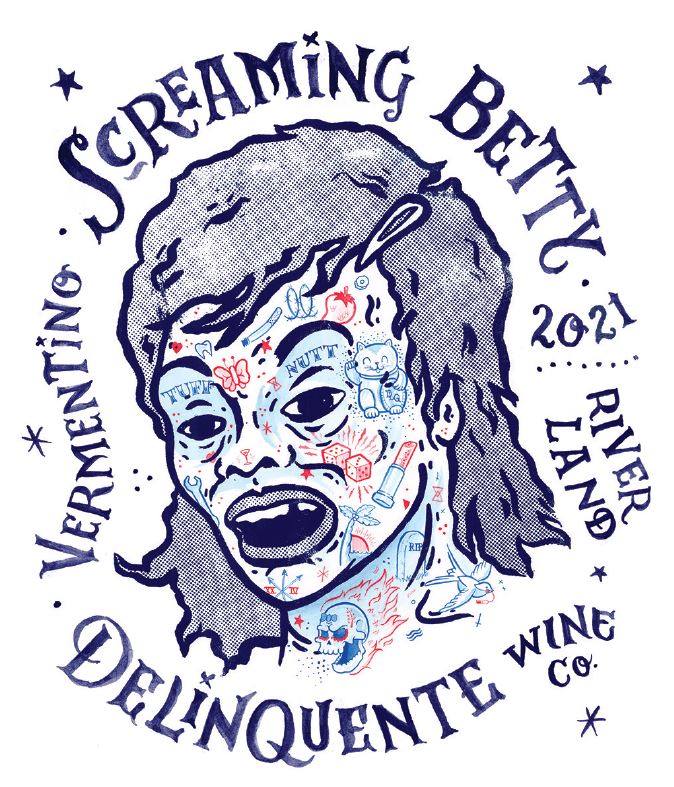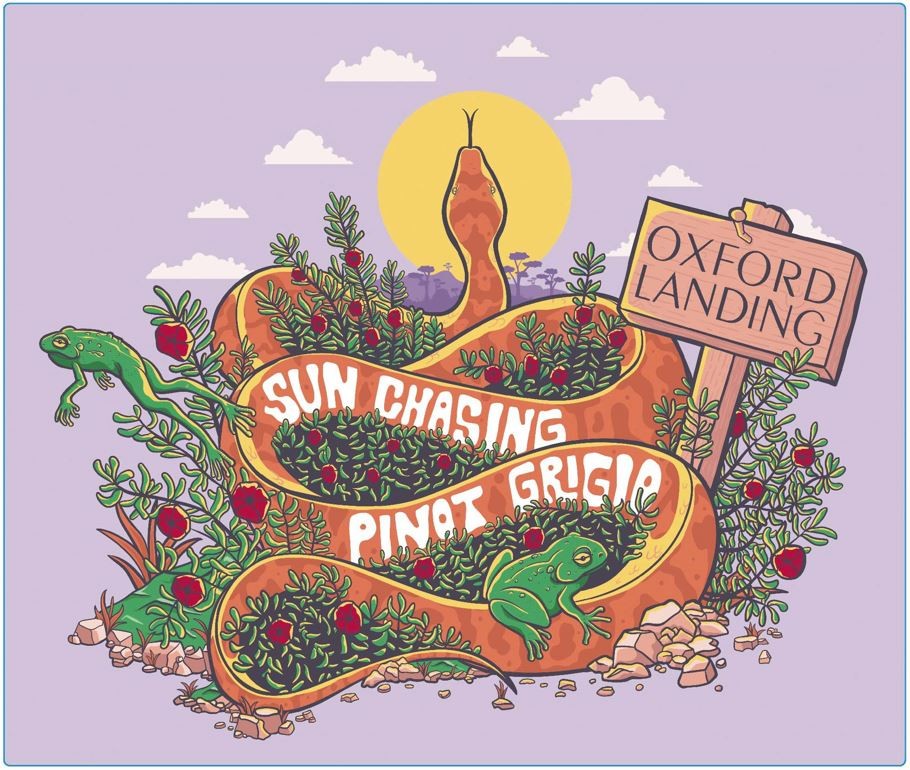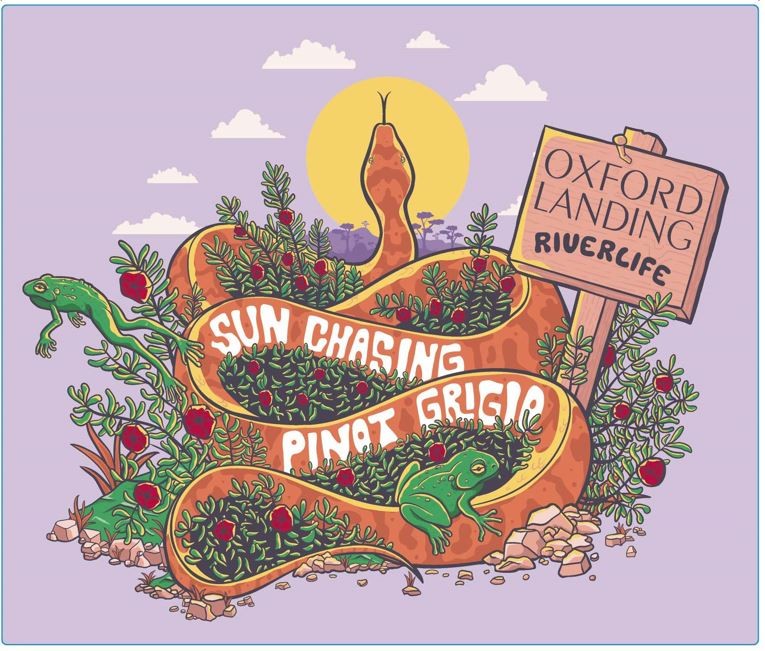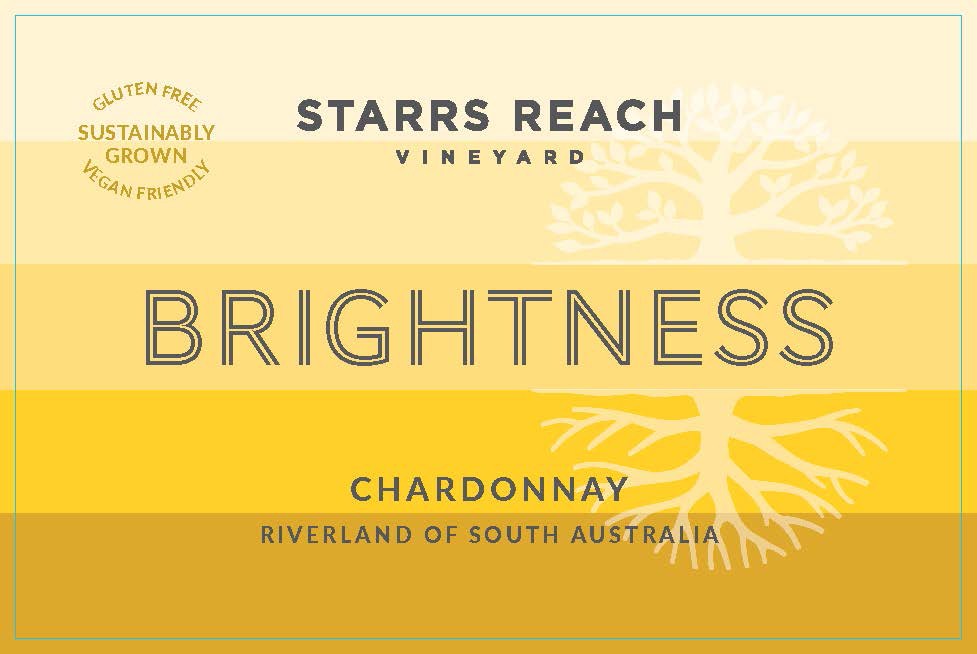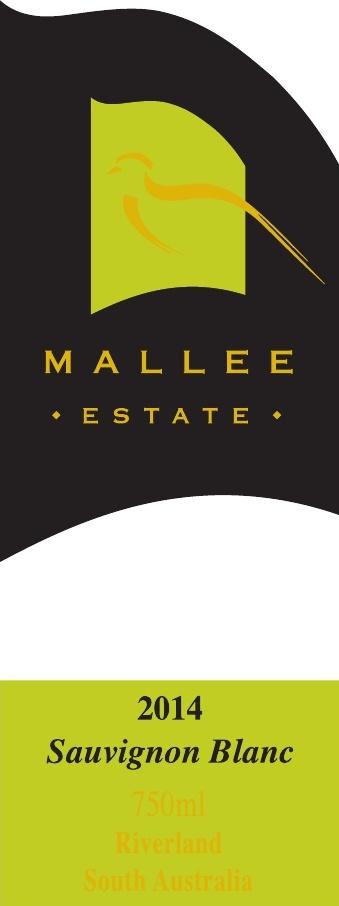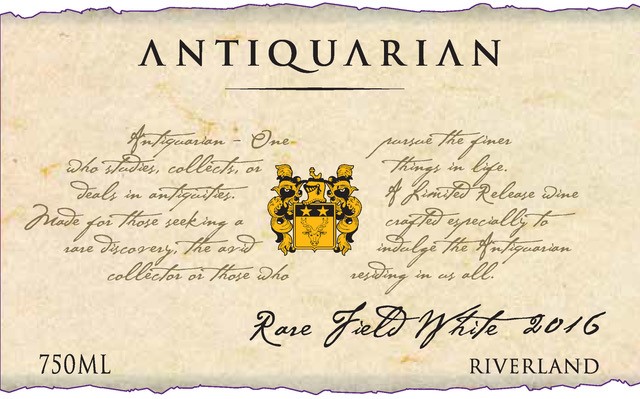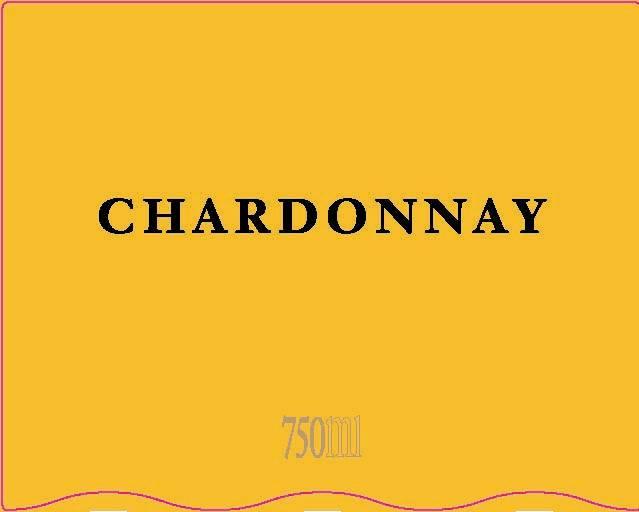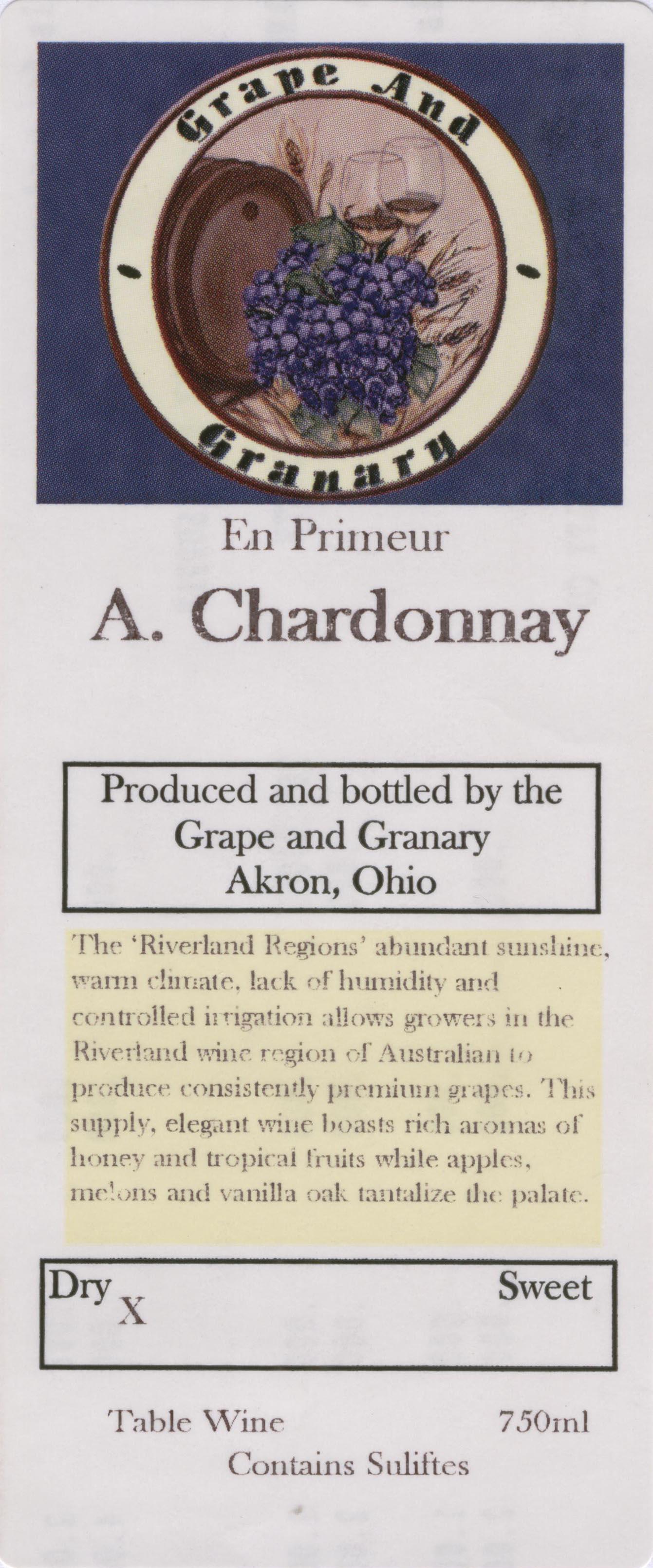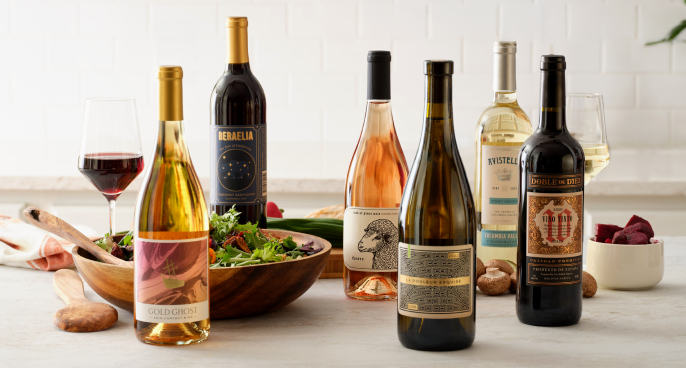Terroir of the Riverland
The Riverland's climate is characterized by warm, dry conditions with little rainfall, making irrigation crucial. Summer temperatures can reach up to 45°C, but cooler nights help grapes keep their acidity. This continental climate, with plenty of sunshine, ensures consistent ripening and lowers disease risk due to low humidity.
The region's soils range from deep alluvial sandy loams along the river to less fertile calcareous sands in higher areas. These soils promote deep root growth and limit vine vigor, adding to the fruit-forward style of Riverland wines. The flat terrain, mostly at low elevation, extends along the Murray River. While the absence of hills provides little relief from the heat, the ample sunshine ensures full grape ripening annually. This distinctive terroir supports over 100 grape varieties, producing wines that showcase both the area's large-scale and boutique vineyard qualities.
Notable Wineries in the Riverland
The Riverland region, known for its vast vineyards and sun-drenched climate, is home to several notable wineries that blend tradition with innovation. Here are some highlights:
-
Angove Family Winemakers: Pioneers since 1910 in Renmark, boasting one of Australia’s largest organic vineyards.
-
Banrock Station: Famous for merging wine with conservation, offering eco-friendly experiences alongside tastings.
-
Berri Estates: Established in 1922, a major player in bulk and branded wines, although not typically open for tastings.
-
Salena Estate: Known for organic wines and a restaurant pairing regional dishes with estate selections.
-
Mallee Estate: A family-owned winery with a Greek twist, offering wines like Shiraz and Marsanne alongside Greek-inspired cuisine.
Sustainable Winemaking in the Riverland
The Riverland region is a leader in sustainable winemaking, with many vineyards adopting organic and biodynamic practices. The dry climate naturally reduces disease risk, allowing for minimal use of sprays. Cover crops, composting, and soil health initiatives are standard, helping preserve the land. Efficient water use is crucial, with drip irrigation and recycled water systems conserving this precious resource.
Local wineries also embrace eco-friendly technologies, including solar energy and lightweight bottles, to cut emissions. Circular waste systems, like composting grape skins and lees, help reduce landfill waste. Conservation efforts extend beyond vineyards, as seen with initiatives like wetland restoration that offer wildlife habitats and carbon storage. Riverland's commitment to sustainability ensures a greener future for this vibrant wine-producing area.
Wine Tourism in the Riverland
Riverland offers a unique wine tourism experience along South Australia's Murray River, blending vibrant wines with natural beauty. Visitors can explore diverse cellar doors, from eco-friendly Banrock Station to heritage-rich Angove in Renmark. Smaller, family-run wineries like 919 Wines provide intimate tastings under gum trees, while Mallee Estate offers Greek-inspired wine pairings.
The region's towns—Renmark, Berri, Loxton, and Barmera—offer accommodations and local markets featuring fresh produce. Outdoor activities, such as kayaking and cycling, abound, with the river providing a scenic backdrop. Larger wineries occasionally offer tours, and food and wine events punctuate the year, showcasing Riverland's commitment to sustainability and innovation.
With its sunny climate and diverse grape varieties, Riverland not only produces remarkable wines but also presents a compelling destination for wine enthusiasts seeking both relaxation and adventure.

